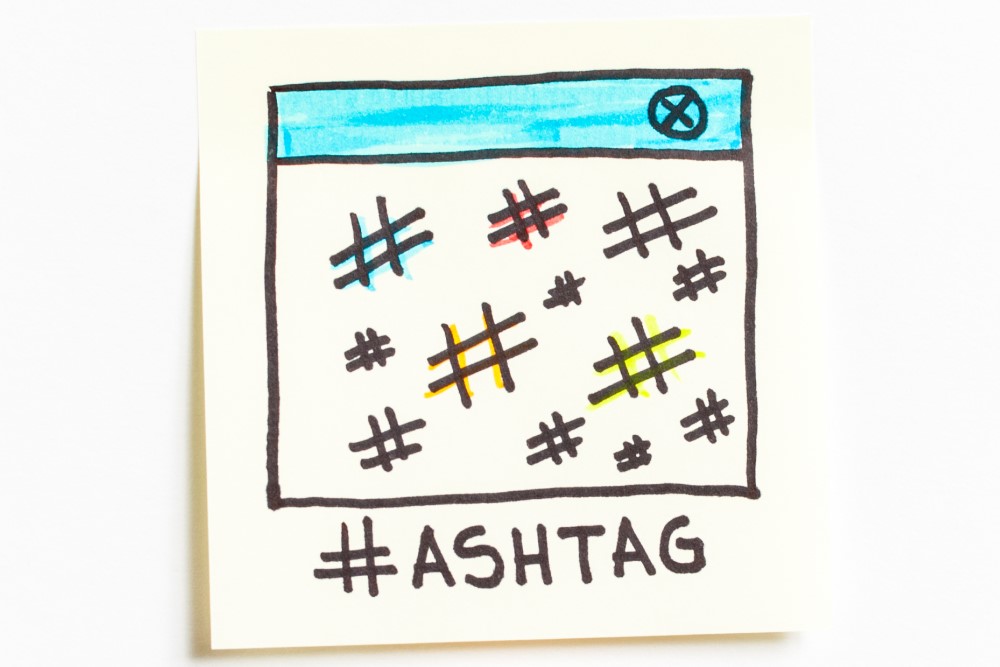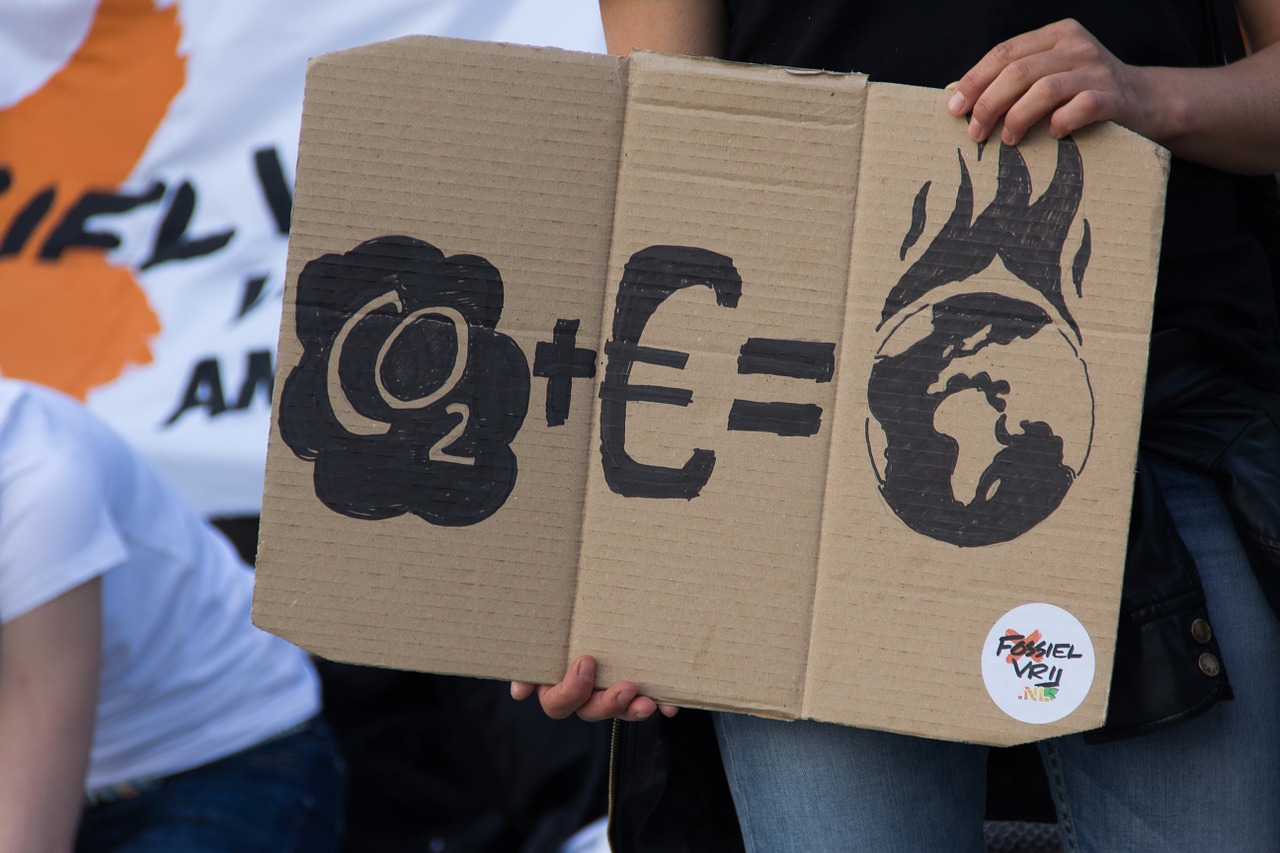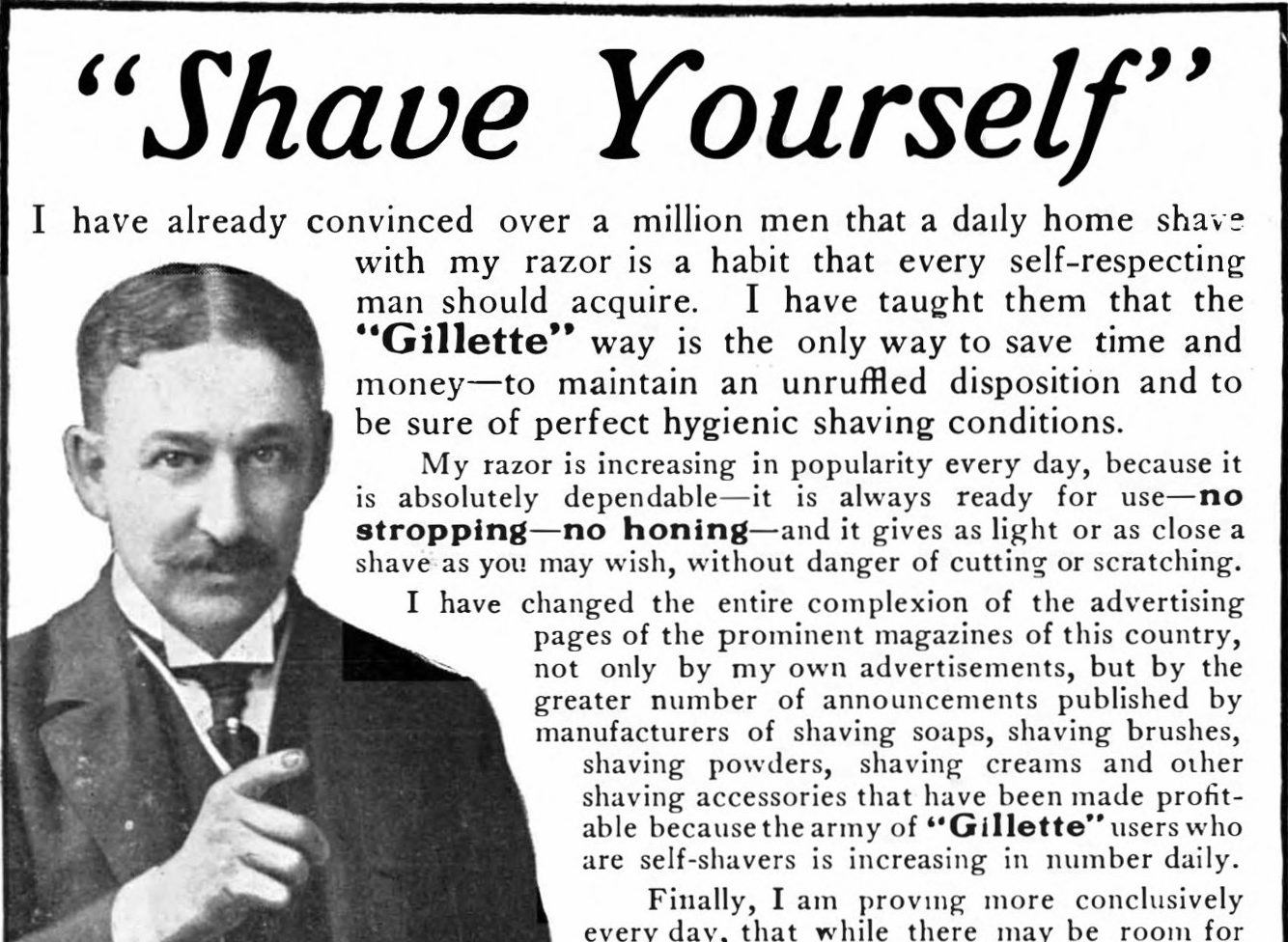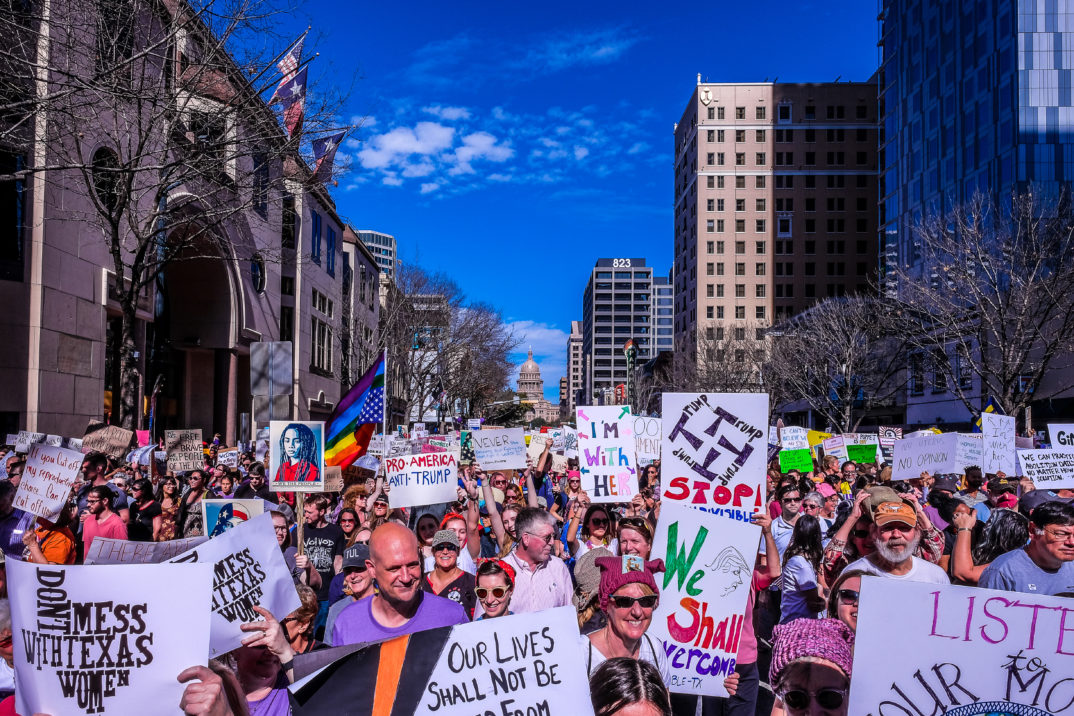In a previous column, I argued that academics should not — with significant qualifications — be political activists. In his thoughtful and admirably objective reply, Tim Sommers makes two principal arguments highlighting a genuine weak point in my original treatment of this issue, and thus helpfully pushes me to shore up and defend that particular aspect of it. Ultimately, though, neither argument is fully persuasive.
First, Sommers contends that the conception of objectivity that underlies my argument against academic activism is “unhelpful,” since it conflates objectivity with “having no views at all or concealing your views.” But Sommers rightly points out that the “undecided and the waffling” are not necessarily more objective than “the firmly committed.” If this conception of objectivity — call it objectivity as disinterestedness or ambivalence — formed the basis of my case against academic activism, then Sommers’ argument would constitute a serious challenge.
Fortunately, my argument does not rely on a notion of objectivity that identifies it with either disinterestedness or ambivalence. My idea of objectivity is, I hope, uncontroversial: to be objective is to be capable of properly weighing evidence and arguments. My empirical claim is that being passionately committed to a political goal tends to make it more difficult to be objective in this sense because it increases our susceptibility to various well-documented cognitive biases, such as motivated reasoning and confirmation bias. In my view, then, the relation between objectivity and a certain kind of disinterestedness is not definitional, but empirical. That is, “objective” does not mean “disinterested”; rather, there is a contingent psychological link between being objective and being disinterested in a particular way.
Thus, it is far from the case that one cannot possibly be objective about some issue while also being passionately committed to a political goal related to that issue. Nor does objectivity require either suspension of judgment or ambivalence: one can easily be firmly convinced of the correctness of one position in a certain debate, yet not passionately committed to enacting a political goal that flows from that position. In fact, I would go further and say that passionate interest in some issue is often necessary to motivate a person to devote significant time and energy to understanding it. Objectivity, then, does not require or even favor disinterestedness in all respects. However, it seems to be the case that being passionately committed not just to understanding an issue, but to the attainment of a political goal related to the issue, tends to degrade one’s ability to properly weigh evidence and arguments concerning it.
Because my conception of objectivity does not identify it with disinterestedness, and certainly not with having no views or only weakly-held views, confining one’s pedagogy to the “realm of the reasonable” — that is, only teaching “positions and reasons generally recognized by professionals in our fields” — does not represent a departure from objectivity. Nor does good pedagogy require “disguising your own views” to be consistent with this conception. Rather, objectivity requires manifesting the capacity to properly weigh evidence and arguments — and in particular, to take seriously proper evidence and plausible arguments that cut against one’s own political commitments. Being a passionately committed political activist not only makes doing this more difficult; it also makes one appear less able to do it. But in teaching, both objectivity and the appearance of objectivity matter.
There is one more argument against objectivity that Sommers does not make, but which is now so commonplace in some academic quarters that addressing it at this juncture would be worthwhile. It is frequently pointed out that perfect objectivity is unattainable. This is certainly true if by “objectivity” we mean either disinterestedness or ambivalence, or the ability to properly weigh evidence and arguments. But the familiar inference from this true premise to the conclusion that objectivity is not a worthwhile ideal has never been clear to me. Unattainability is arguably inherent in the nature of any ideal — that is, in part, what makes it an ideal. Now, an argument from perfect objectivity’s unattainability might get off the ground if we add either of two claims: that it is impossible to be more or less objective, or that the costs of trying to be more objective outweigh the benefits. But it is possible to be more or less objective — to get closer to or farther away from the ideal of perfect objectivity. And while it is certainly possible that ethical or epistemic imperatives appropriate to non-ideal conditions conflict with our ideals, this does not seem to be the case with respect to objectivity in the context of academic research and teaching.
Next, Sommers argues that the line between public outreach and activism is “meaningless,” or alternatively that drawing this distinction is merely a way of categorizing the same underlying activity according to one’s affinity for the political goals the activity serves. This objection has bite because I had insisted that public outreach allows academics whose activism substantially relates to their research and teaching to share their expertise with the general public while avoiding the pitfalls of activism. If there is no meaningful distinction between public outreach and activism, or it is only a covert way of denigrating activism of which one disapproves, then this argument is in trouble.
This is a more difficult objection to answer, since I myself conceded that the line between public outreach and activism is a blurry one. Moreover, the distinction must ultimately be found in the quality and intensity of the subjective attitudes of a person, with their outward activities — for example, picketing, boycotting, canvassing, writing opinion pieces, giving legislative testimony — only a rough proxy for those attitudes. Thus, it is certainly possible that someone deeply and continuously involved in activities characteristic of political activism has only moderate levels of commitment to the political goals their activism serves. But this will be an unusual case. For this reason, the activities that tend to indicate passionate commitment to a political goal are fairly grouped under the heading of “political activism”; the activities that tend to indicate a desire to improve the quality of public debate are likewise fairly grouped under the heading of “public outreach.” These categories are not mutually exclusive; and ultimately, the distinction turns, at least in part, on what the academic wants to do with their public-facing activity and the strength of their desire.
I must insist, however, that the distinction is not necessarily a disguised way of denigrating political activity with a particular ideological complexion. In my case, just the opposite is true: I tend to worry more about leftwing academic activism despite my own leftist sympathies for the simple reason that a substantial majority of academics are left-leaning. Of course, all arguments may be wielded in bad faith. But this possibility does not warrant dismissing the argument out of hand.
Sommers’ reply to my column exemplifies the sort of engagement with opposing viewpoints that the cultivation of objectivity makes possible. I fear, however, that his advocacy of academic activism would, if successful, make such engagements rarer.






















